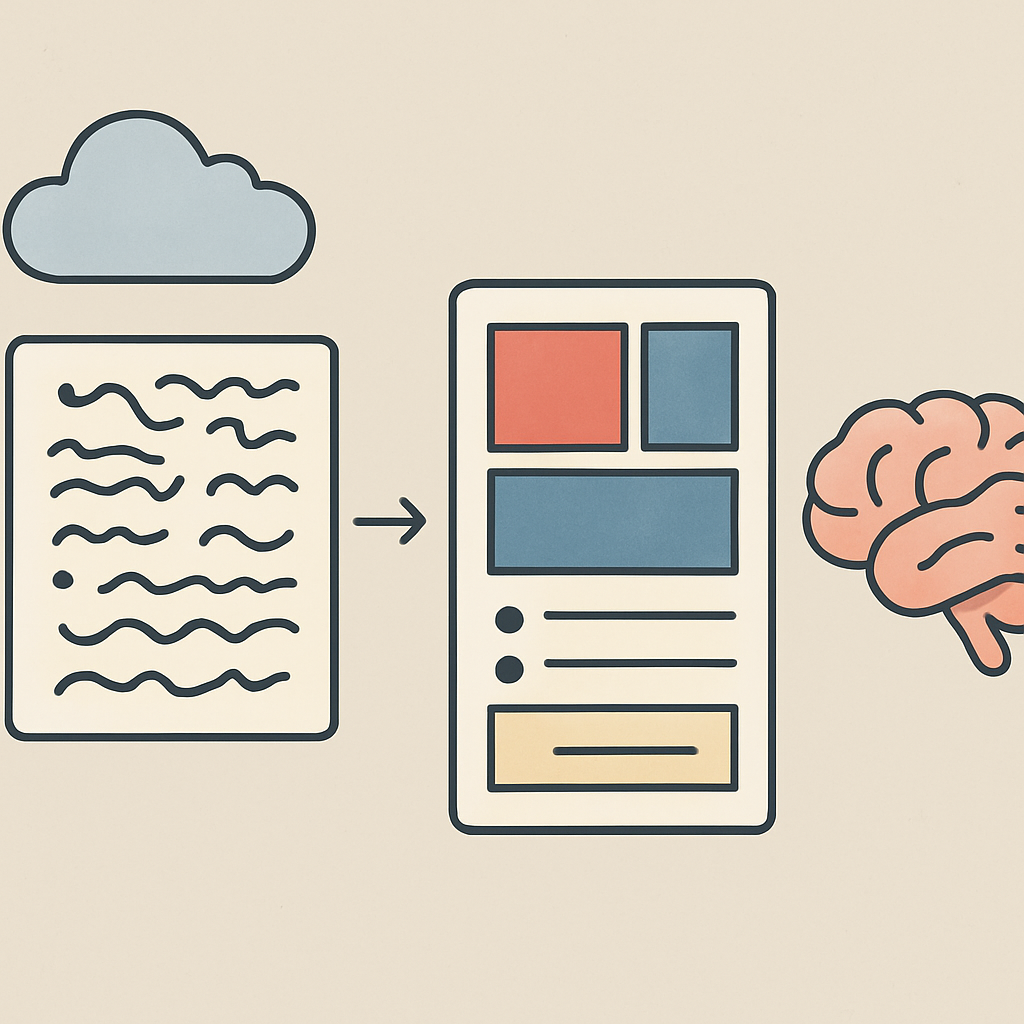When motivation dips, learning can feel impossible—but tapping into smart methods like microlearning, self-regulated strategies, and AI tools can keep the spark alive. Discover how to stay engaged even on low-energy days.

How to Keep Learning When You Don’t Feel Motivated
Why motivation fades—and why it’s not permanent
Even the most driven learners hit motivational roadblocks. Mental fatigue, stress, boredom, and routine all chip away at our desire to learn. Yet motivation isn’t a static trait—it ebbs and flows. By understanding how motivation works, we can build systems to learn consistently, even when the mood isn’t there.
1. Microlearning: Bite‑size wins
Trend alert: Microlearning—short, focused lessons—has exploded in 2025 corporate and personal learning .
- Why it helps: Micro-modules fit into scraps of time and reduce mental resistance.
- Engagement ++: Video-based microlearning enhances retention by up to 20% over longer.
- Soft‑skills boost: Recent research shows discipline in microlearning improves communication and self-management—critical for self-motivation.
Tips for using microlearning:
- Aim for 5–10 minute sessions daily.
- Use flashcards, short podcasts, or micro‑courses.
- Schedule a 7-day streak tracker to build momentum.
2. Self‑regulated learning: control the process
Building on motivation theory, self‑regulated learning means planning, monitoring, and adapting—regardless of mood.
Core steps:
- Forethought: Plan what you’ll study, when, where.
- Performance control: Use timers, remove distractions.
- Self‑reflection: After the session, note what worked and adjust.
Bonus tactics:
- Use implementation intentions–if‑then plans such as, “If I feel tired after work, I will review one flashcard set”.
- Track small wins—a single completed module or flashcard deck boosts belief and ongoing effort.
3. Retrieval practice: learn by testing yourself
The testing effect says retrieving information is more effective than passive review.
- Replace re-reading with quick quizzes.
- Apps (Anki, Quizlet) or self-made flashcards work well.
- Spaced quizzes spread over days help retention more than a single marathon session.
4. AI-powered tools: motivation tech in your pocket
AI is transforming how we learn:
- Personal adaptivity: Platforms adjust content based on your performance.
- Instant feedback: Builds confidence and keeps engagement high.
- Gamified challenges: Hidden quizzes and badges drive micro‑victories and positive reinforcement.
Try these services: AI tutors like Duolingo for language learning or intelligent code platforms that auto-adapt difficulty.
5. Curiosity reignites motivation
Midlife curiosity research shows that genuine interest boosts reasoning, creativity, and lifelong learning—even when motivation drops thetimes.co.uk.
Curiosity hacks:
- Pick topics that interest you personally—even outside your main goal.
- Schedule “curiosity time” weekly: watch a nature doc or read a short article.
- Join interest-based communities or challenges to foster exploration.
6. Build discipline when motivation dips
Motivation fluctuates—but discipline compensates. Focus on building habits and structure.
- Routine: Dedicate a fixed learning slot daily, even if just 10 min.
- Pomodoro: Work 25 min, break 5 min—repeat 3–4 times .
- Accountability: A learning buddy or group helps maintain consistency.
7. Beat burnout and fatigue
Boredom and exhaustion are motivation killers.
- Rotate subjects to spark renewed energy and avoid fatigue .
- Scheduled breaks matter—studies report 88% of students use Pomodoro for stress management elearningindustry.com.
- Environment shifts: Move from desk to café to refresh your mindset.
Daily checklist to keep learning
- Start with why: Remind yourself of your goals.
- Plan micro-session: Use time and implementation intention.
- Use microlearning tools or AI platforms.
- Apply retrieval practice.
- Log reflections and adapt tomorrow’s plan.
Conclusion
When motivation is low, smart systems carry the day. Microlearning, self-regulation, retrieval practice, curiosity, and AI help you keep learning consistently—without relying on willpower alone. Integrate these methods and your learning will endure, mood fluctuations and all.
References
Fishbach, A., Eskreis‑Winkler, L., & Duckworth, A. (2018). Unmotivated people benefit more from giving advice than receiving it. Psychological Science. https://news.uchicago.edu/story/unmotivated-people-benefit-more-giving-advice-receiving-it
Verywell Mind. (2015). The Psychology Behind Motivation. https://www.verywellmind.com/things-you-should-know-about-motivation-2795389
University of North Carolina Learning Center. (n.d.). Motivation: Tips and tools to boost your drive. https://learningcenter.unc.edu/tips-and-tools/motivation/






